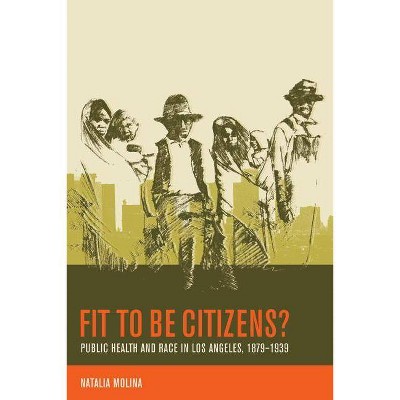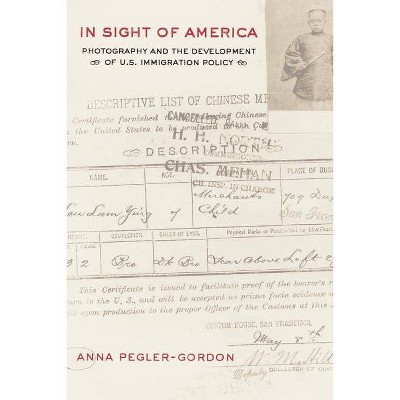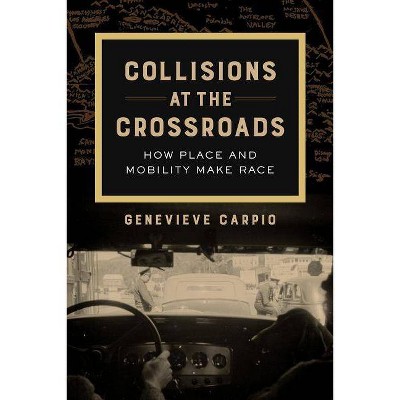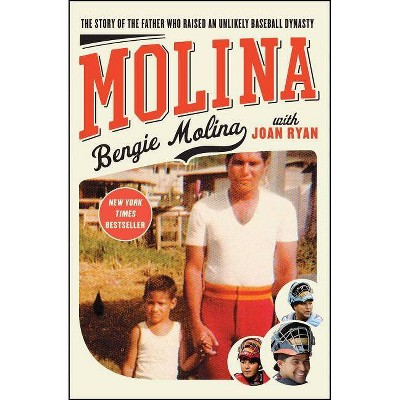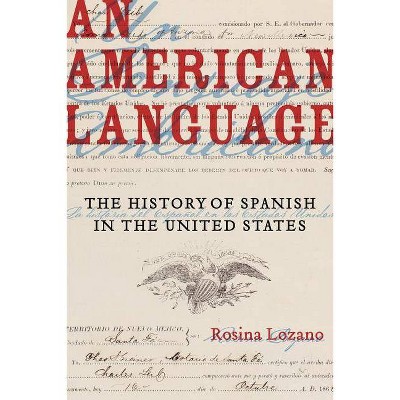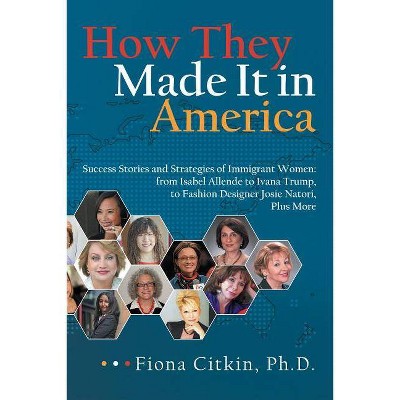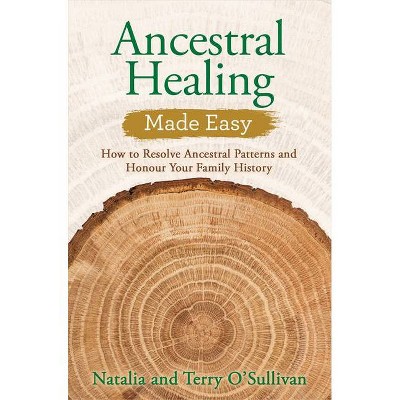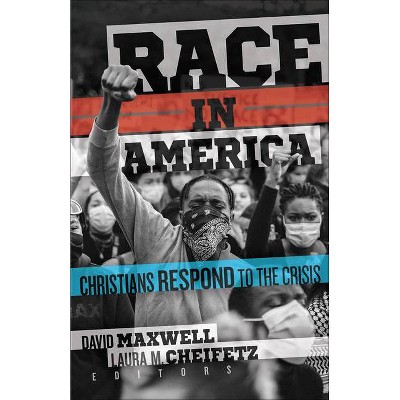How Race Is Made in America, 38 - (American Crossroads) by Natalia Molina (Paperback)
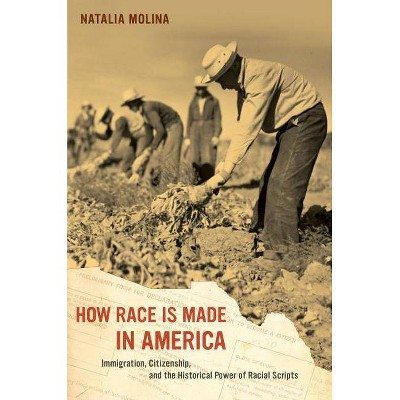
Similar Products
Products of same category from the store
AllProduct info
<p/><br></br><p><b> Book Synopsis </b></p></br></br><i>How Race Is Made in America</i> examines Mexican Americans-from 1924, when American law drastically reduced immigration into the United States, to 1965, when many quotas were abolished-to understand how broad themes of race and citizenship are constructed. These years shaped the emergence of what Natalia Molina describes as an <i>immigration regime</i><i>, </i> which defined the racial categories that continue to influence perceptions in the United States about Mexican Americans, race, and ethnicity.<br> <br> Molina demonstrates that despite the multiplicity of influences that help shape our concept of race, common themes prevail. Examining legal, political, social, and cultural sources related to immigration, she advances the theory that our understanding of race is socially constructed in relational ways-that is, in correspondence to other groups. Molina introduces and explains her central theory, <i>racial scripts</i><i>, </i> which highlights the ways in which the lives of racialized groups are linked across time and space and thereby affect one another. <i>How Race Is Made in America </i>also shows that these racial scripts are easily adopted and adapted <i>t</i>o apply to different racial groups.<p/><br></br><p><b> From the Back Cover </b></p></br></br>"Molina provides a fresh, sophisticated analysis of the powerful racial 'scripts' generated in twentieth-century US political and legal culture, and of the Mexican population's unique vulnerability in the 1920s and after as eminently 'deportable.' This book's importance is sadly substantiated by twenty-first-century headlines about immigration policy, 'papers please' laws, and urban policing. A critical contribution." --Matthew Frye Jacobson, author of <i>Whiteness of a Different Color</i> and <i>Barbarian Virtues</i> <p/> "Bridging Mexican American history and immigration history, <i>How Race Is Made in America</i> is a fascinating study of how deeply ingrained prejudices structure institutional and social power." --Monica Perales, author of <i>Smeltertown: Making and Remembering a Southwest Border Community</i> <p/> "A compelling, briskly written, deeply researched, and closely argued book that makes signal contributions on many fronts." --David Roediger, co-author of <i>The Production of Difference: Race and the Management of Labor in U.S. History</i> <p/><p/><br></br><p><b> Review Quotes </b></p></br></br><br>"Effective in pushing readers to rethink not only particular points in the history of race and immigration, but also our broader conception of the origins and impact of racism and discrimination. . . . Molina succeeds in showing the "relational" character of debates about immigration, and her chapters on the second generation in the Mexican community and deportations in the 1940s and 1950s yield many insights on the unique character of Mexican immigrants' experience."-- "Labour/Le Travail"<br><br>"In detailing the racialization of Mexican Americans through immigration and naturalization laws, Molina provides an apt illustration of the enduring persistence of racial scripts, the ways they are strategically recycled and employed, and how they comprehensively link the experience of all racialized groups."-- "Pacific Historical Review"<br><br>"Molina has written a formidable and accessible monograph that unravels the process of race-making to show that the question of belonging requires a relational approach. . . Invaluable."-- "Western Historical Quarterly"<br><br>Highly recommended.-- "CHOICE"<br><br>Natalia Molina's examination of racial construction of Mexican immigrants and Mexican Americans is notable and thorough . . . Terms are well defined, arguments are soundly presented, and commonly known historical events are explained.-- "American Historical Review"<br><p/><br></br><p><b> About the Author </b></p></br></br>Natalia Molina is Professor of American Studies and Ethnicity at University of Southern California and the recipient of a MacArthur Fellowship. She is the author of the award-winning <i>Fit to Be Citizens?: Public Health and Race in Los Angeles, 1879-1940</i> and the co-editor of <i>Relational Formations of Race: Theory, Method, and Practice.</i>
Price History
Price Archive shows prices from various stores, lets you see history and find the cheapest. There is no actual sale on the website. For all support, inquiry and suggestion messagescommunication@pricearchive.us

